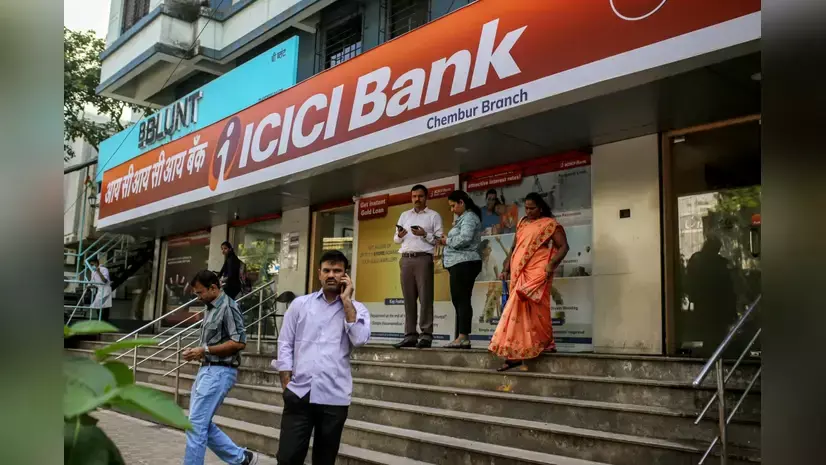
ICICI Bank Tightens Rules as Peers Loosen: A Shift in Focus?
In a move that has sent shockwaves through the banking industry, ICICI Bank has increased its minimum average balance (MAB) requirements, making it the toughest among private banks in India. This decision has sparked a debate among experts, who believe that the bank is aiming to focus on high-value customers and reduce low-balance accounts.
The new rules, which came into effect on April 1, 2023, require ICICI Bank customers to maintain a minimum average balance of ₹50,000 in their savings accounts. This is significantly higher than the industry average, which ranges from ₹2,000 to ₹12,000. To put this into perspective, SBI, one of the largest public sector banks in the country, eliminated its minimum balance requirements in 2020, making it one of the most customer-friendly banks in the country.
So, what is driving ICICI Bank’s decision to tighten its rules? According to experts, the bank is looking to shift its focus towards high-value customers who can generate significant revenue for the bank. With the increase in competition and the rise of digital banking, banks are facing intense pressure to reduce costs and improve profitability. By focusing on high-value customers, ICICI Bank is looking to reduce its dependence on low-balance accounts, which are often expensive to maintain.
Another reason behind ICICI Bank’s decision could be the increasing competition in the banking industry. With the entry of new players like Paytm and PhonePe, traditional banks are facing intense competition for customers. By increasing its MAB requirements, ICICI Bank is looking to differentiate itself from its competitors and attract high-value customers who are willing to pay for premium services.
But what does this mean for customers? For those who have low balances, this move could be a significant inconvenience. With the MAB requirement, customers will need to maintain a minimum balance of ₹50,000 in their savings accounts, which could be a challenge for many. This could lead to a decrease in the number of customers, which could impact the bank’s revenue.
However, for high-value customers, this move could be a boon. Those who have a significant amount of money to deposit will be able to enjoy premium services, such as higher interest rates and priority customer service. This could be a significant draw for high-net-worth individuals who are looking for a bank that can cater to their needs.
So, what are the implications of ICICI Bank’s decision on the banking industry as a whole? This move could lead to a shift in the way banks operate, with more banks focusing on high-value customers and reducing their dependence on low-balance accounts. This could lead to a more competitive banking landscape, with banks competing for high-value customers who are willing to pay for premium services.
In conclusion, ICICI Bank’s decision to increase its MAB requirements is a significant move that could have far-reaching implications for the banking industry. While it may be a challenge for low-balance customers, it could be a boon for high-value customers who are looking for a bank that can cater to their needs. As the banking industry continues to evolve, it will be interesting to see how other banks respond to this move and whether they will follow suit.
Source:
https://thecsrjournal.in/opening-an-icici-account-be-ready-to-maintain-rs-50-000-monthly/






